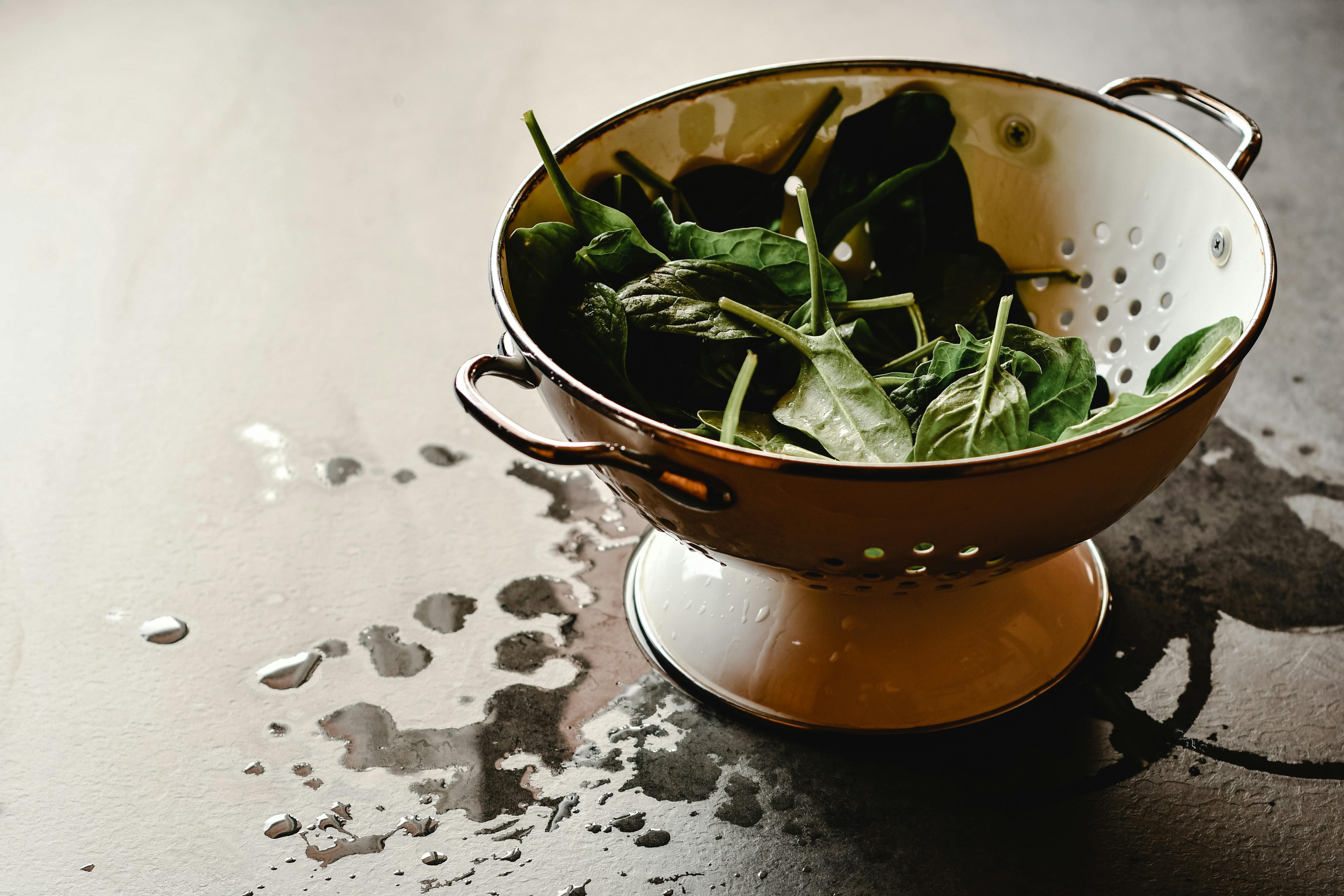Growing food: options for city dwellers
Much attention has been paid to the increasingly popular option of growing your own food; since only by becoming more self-sufficient will we be able to live for greater resilience within our communities; becoming more independent while minimizing our Carbon Footprint.
However, achieving this self-sufficiency through the production of their own food is impractical and time-consuming for many; Therefore, if we as a society want to achieve reduced dependence on government constraints such as “just-in-time” production strategies, action is necessary.
There are a number of options that you, as an individual and as an owner, can make; as the personal decisions we make now, such as choosing organic or locally sourced food, dictate our relationship with food, influence supply, and therefore shape environmental conditions for future generations.
Purchasing our food from locally produced sources will greatly reduce carbon emissions, since the product has much lower embodied energy, thus the total energy that has been used for its production and subsequent transport. Foreign imports, which now dominate the shelves of our supermarkets, are indeed very high carbon foods, due to the considerable kilometers traveled, mainly by air, to get there.
Options for the city dweller
For many, the decisions we make about food are highly dependent on our built environment, in terms of where and how we live. As for many living in an urban location, the option of growing your own can seem unfeasible, wasteful and impractical; however, while it may not be able to meet all of your needs, it is possible to supplement your current weekly shopping trip with some homegrown fruits and vegetables.
If you live in an urban location; A number of options are available depending on your current circumstances, for example, type of property, amount of space, availability of private or community garden.
- Using indoor potted plants – through ‘hydroponic gardening’, which is simply a pot filled with water, inert material, and a combination of different nutrients essential for growth, these can be purchased from most conventional plant stores as a Home base.
- Hanging slippers – provide an attractive feature outside your home, require minimal maintenance, and are great for growing spices and herbs.
- Green roofs – For many people with limited floor space, or who have recently built a new flat roof extension or have a garage, there is an option for homeowners to grow food on their roof. This only applies to those who have ownership of their roof fabric; due to significant structural implications / cost limitations. People who live in apartments may need to obtain the consent of the community to carry out such a plan. Various plants can be grown, which can supplement the food bill, can be grown, depending on whether you opt for extensive or intensive roof systems. More information found on Green Roofs.
- Balconies – Those in apartments can benefit from a balcony, which depending on its orientation, as it ideally needs 6-7 hours of natural light to grow edible plants.
- Garden plants – Many plants are suitable and capable of growing in small plots in soils of low fertility, even contaminated soils or those that suffer high levels of leaching.
- Greenhouses – provides shelter during winter and maximizes daylight through a magnifying effect, allows the cultivation of a variety of plants, although it is more expensive and requires enough land.
As the UK is increasingly becoming a warmer and Mediterranean climate, the options for growing your own food become much more diverse and varied, allowing a wide range of different tropical crops / foods to be grown and, often traditionally associated.
To achieve full self-sufficiency, we must combine home-grown food with localized electricity production if we are to continue our high-energy lifestyle. There are a number of items that can be implemented at home to supplement your fuel bills and reduce your carbon footprint, including wind turbines for the use of solar panels.
